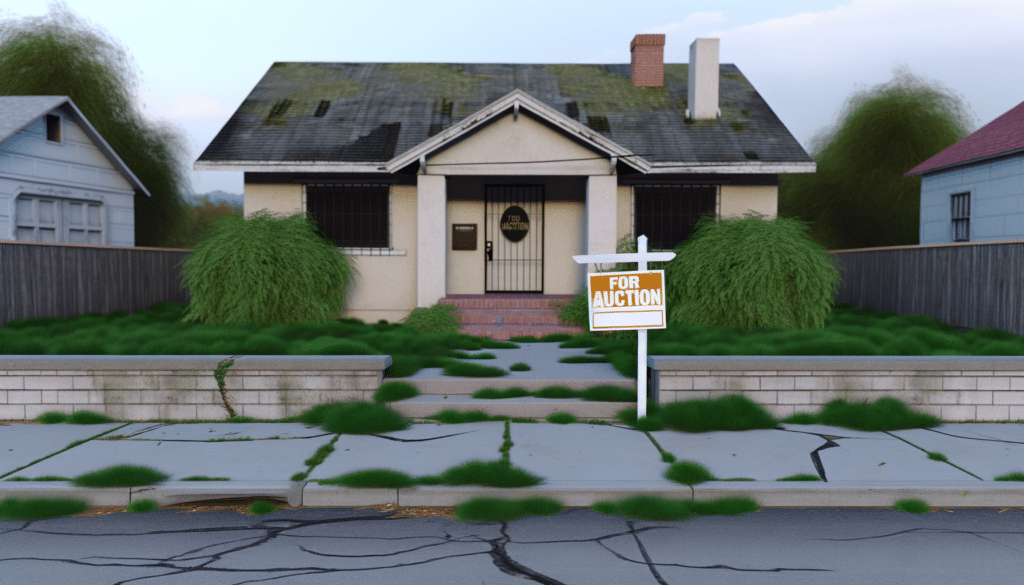Researching Foreclosure Listings
Once you comprehend the foreclosure process, the next step is to research available listings thoroughly. Several platforms and databases list foreclosed properties, including online real estate websites that specialize in such listings, public records from various local government offices, and even direct contact with financial institutions. When researching, it’s important to verify the authenticity of the listings and cross-reference with multiple sources to ensure accuracy. This research phase can be crucial in identifying potential properties that meet your criteria. It’s also beneficial to network with real estate professionals who specialize in foreclosures, as they often have access to exclusive listings not available to the general public. Additionally, understanding market trends and property values in your area of interest can aid in making informed decisions about which properties may offer the best return on investment.
Evaluating Property Conditions
After identifying potential foreclosed properties, a thorough evaluation of their condition is essential. Because foreclosed homes are often sold “as-is,” buyers must assess both structural integrity and potential repair costs. A detailed inspection is highly recommended, as it provides a clearer view of any issues that may need attention. This can include checking the plumbing, electrical systems, foundation, roofing, and more. Hiring a professional inspector can uncover hidden problems that might not be apparent during a simple walkthrough. Additionally, understanding the extent of repairs required can help buyers negotiate better deals or foresee the projected costs, influencing their overall budgeting and financing decisions. Many foreclosed properties may present cosmetic issues like overgrown landscaping or worn interiors, which can be opportunities for adding value if addressed strategically.
Financing Your Purchase
Acquiring foreclosed properties often requires a strategic approach to financing. While purchasing a foreclosed home can lead to significant savings, buyers must be prepared to navigate potentially complicated transactions. Standard mortgage loans are commonly used, but buyers should be aware that some foreclosures may require different financing approaches, especially if the home’s condition is an issue. Consulting with mortgage specialists who are experienced with foreclosures can help identify suitable loan products and terms that align with your financial circumstances. It’s also important to consider additional costs such as inspection fees, closing costs, and taxes, which can collectively impact your overall budget. Exploring various financing options allows buyers to secure the necessary funds efficiently and avoid unexpected financial hurdles during the purchasing process.
Managing Challenges and Mitigating Risks
Buying a foreclosed home comes with both opportunities and challenges. Some of the risk factors include potential legal complications, title issues, or existing residents refusing to vacate. To manage these risks effectively, conducting due diligence is crucial. This involves title searches to ensure the property’s clean title and understanding any liens that may exist. Additionally, legal guidance can be invaluable in addressing any unforeseen issues that arise during the buying process. Building a team of professionals, such as real estate agents, lawyers, and contractors, can offer insights and advice, providing a buffer against potential obstacles. The ultimate key to success lies in remaining adaptable and informed throughout the entire process. By approaching foreclosed property purchases with caution and a well-defined strategy, buyers can turn these potential risks into rewarding investments.

